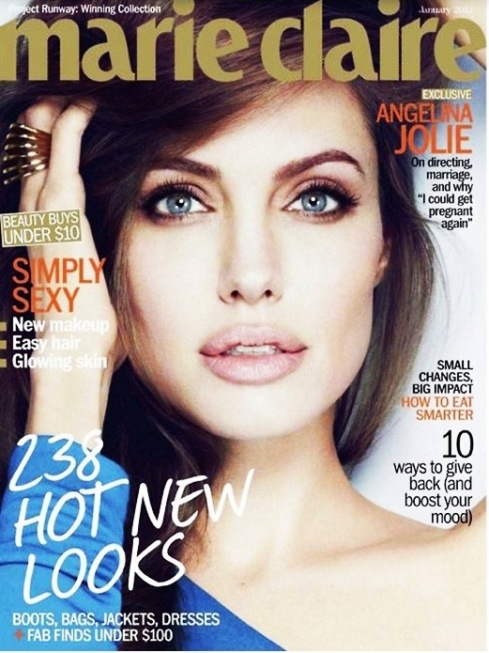Opinions Clash Over Celebrity Culture & Your Teen
Kids who keep up with pop culture are more like likely to have a “well-rounded knowledge” of modern life, according to James Bennett, an academic in television and digital culture at Royal Holloway, University of London.
Speaking before the international Celebrity Studies Journal conference, Dr Bennett suggests that taking a greater interest in celebrity culture can boost understanding of politics, morality and the economy.
He cites Angelina Jolie’s breast cancer and Madonna’s adoption as examples of introducing kids to important issues:
From Angelina Jolie’s breast cancer surgery, to Madonna adopting children from Malawi, celebrities are constantly used to tell stories that spark important conversations and debates about moral, political, economic and cultural issues.
Don’t be so quick to assume your kids have fallen for the giant PR machine either. Dr. Bennett says that we should give our kids more credit and not be so quick to dismiss an interest in celebrity pop culture.
Today’s teenagers benefit from discussing these topics with their peers. Indeed, we shouldn’t patronise young people by assuming they are sucked into celebrity culture.
They understand the difference between reality TV stars and politicians – but more importantly, they understand how both can use PR machines and the trappings of celebrity to boost their popularity.
While Dr Bennett insists that celebrities could provide role models for teenagers, he also suggests that pop culture exposure provides a lesson in critical thinking and social media.
They also learn to be quite critical readers of media as they realise that celebrities are constructed. From social media to newspapers they see celebrity images are constructed and become quite smart readers of them.
Bennett may introduce some good points. Angelina Jolie’s presence at last week’s summit on sexual violence was all over the press. Lending her face to the Foreign Office campaign made it a mainstream topic.
But it’s easy to argue that the Jolies and Madonnas are the exception rather than the rule. Are our kids learning when they watch the ornate lifestyles of the Kardashians? Are they getting anything from Miley Cyrus’ twerking? Or Justin Bieber’s acting out?
TV presenter Cathy Newman takes issue with Dr Bennett’s work. Writing in the Telegraph, she responds to his point on how it is “patronising” to assume teenagers taking interest in celebrity are being “sucked into” lifestyles which promote instant gratification”:
I say, on the contrary, it’s patronising to assume that teenagers wouldn’t be interested in breast cancer, adoption or countless other important discussion points, without their favourite celebrity opening his or her mouth first.
She adds her thoughts about the celebrity conference:
So, I’d like to save the University of London some time. It doesn’t need a conference to discover what we already know: that teenagers are perfectly capable of learning about moral, political, economic and cultural issues without a pop star spelling it out for them.
Other topics discussed at the conference include the impact of Hollywood, the role of celebrity animals and the influence of TV chefs.

